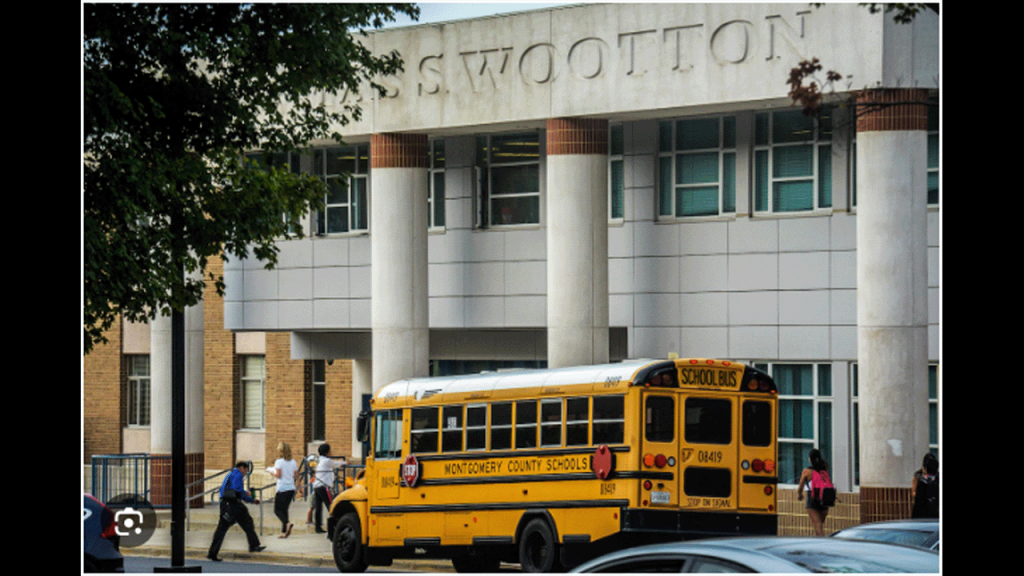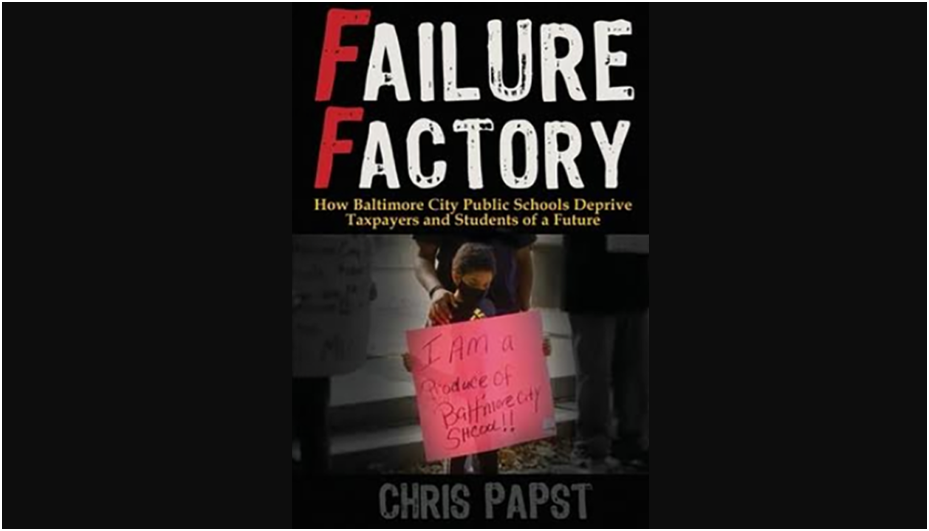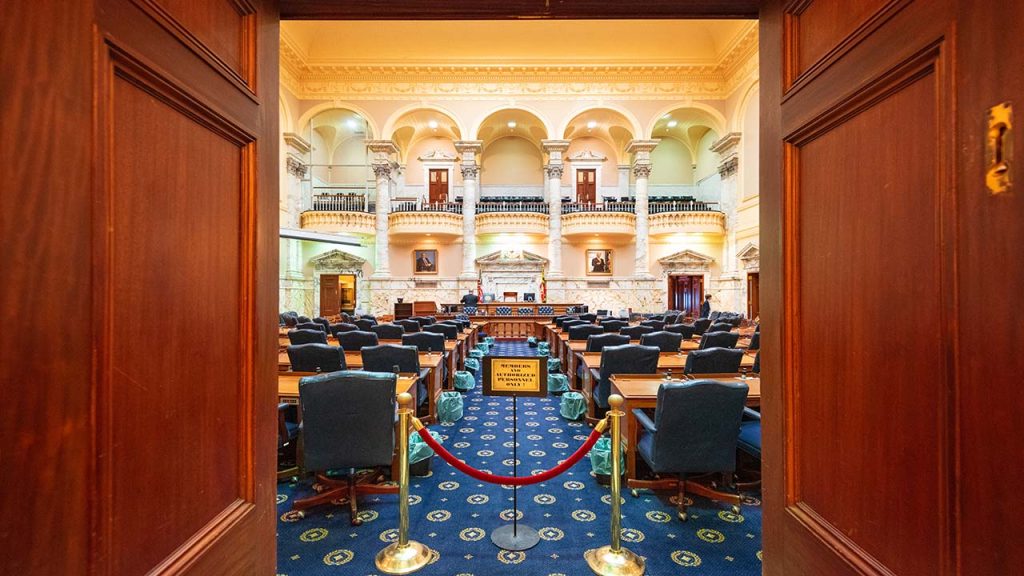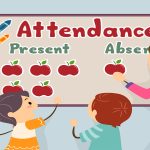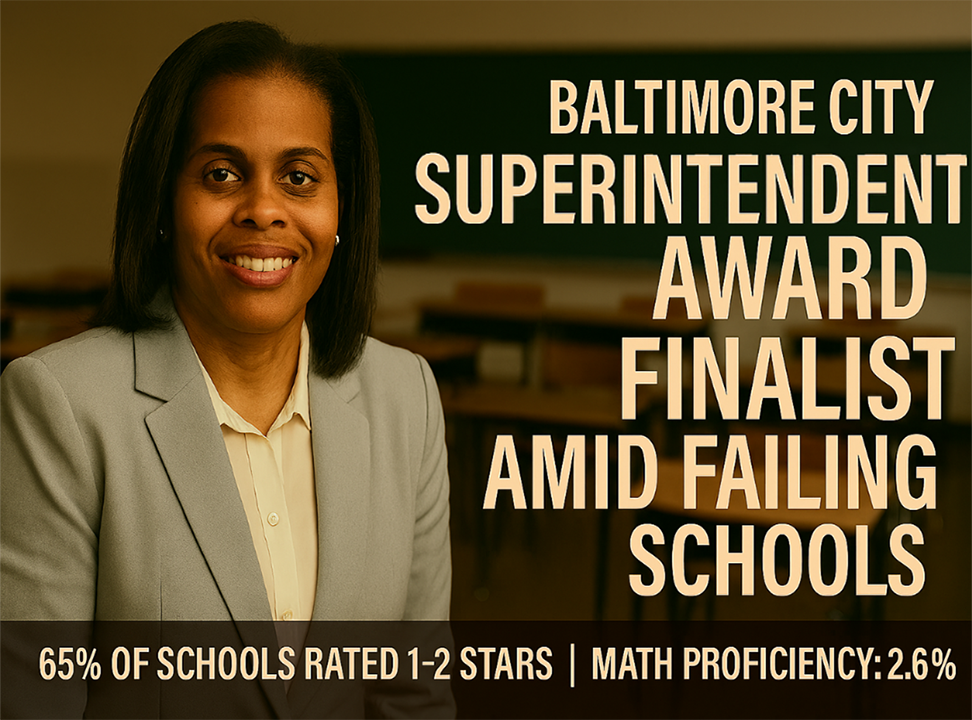
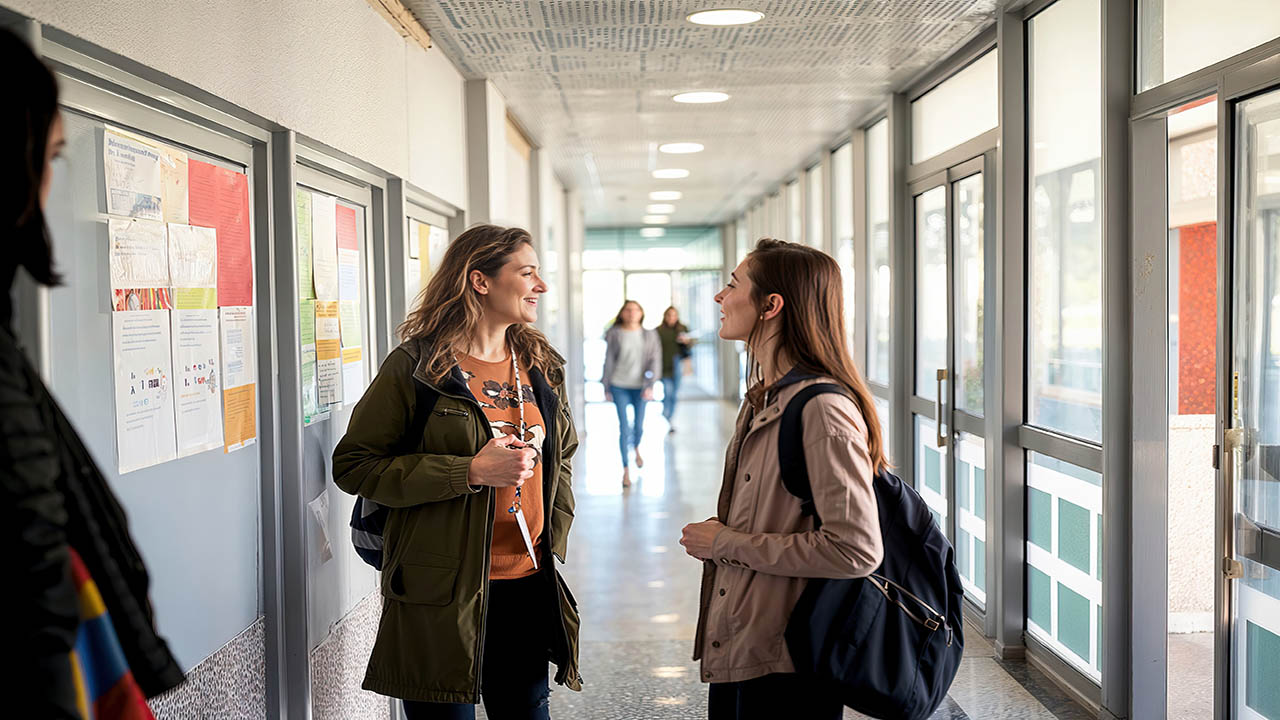
You Have to Build Relationships! What does this really mean?
Educators are told daily that they “must build relationships” with their students, but what does this mean? It’s not about entertaining students to gain their approval or to be liked. Building relationships in the educational setting is about creating genuine, meaningful connections. There are cases where some students and teachers do not or cannot create this connection and that’s OK. In such cases, we can still, however, be professional and polite. Not all teachers and students will form a connection, it’s just human nature.
Be yourself and Genuine
Building effective relationships absolutely requires authenticity. It’s crucial for educators to bring their true selves into their roles, just as they encourage their students to do the same. Authenticity breeds trust, allowing students to feel seen, heard, and valued. If an educator is naturally reserved, that should be how they are to their students. If they are more outgoing, that energy should be reflected in their interactions. Any attempt to be someone they are not that doesn’t align with their true nature will be perceived as insincere (or phony!) making it impossible to build lasting connections.
Prioritize Time with Outstanding Students
Balancing the responsibilities of an educator means managing time effectively between addressing challenges and celebrating successes. One effective approach to creating a community and recognition among students is to implement programs that highlight individual achievements and positive behavior. For example, a peer awards program that allows students to nominate their peers for various categories can create a culture of recognition and belonging. Call them “Peer Awards.” You can create awards like “best friend award” that anyone can nominate anyone else. During regular assemblies, these nominations can be announced, and students can be celebrated for their unique contributions. This not only boosts self-esteem but also fosters a positive school environment where every student feels valued.
Foster a Sense of Community
Creating a sense of community within the school is essential. Initiatives like awards programs, student-led assemblies, and recognition ceremonies play a significant role in fostering this community spirit. Educators can support and participate in these endeavors to help cultivate a cohesive and inclusive school environment. Additionally, programs like school stores where students can earn rewards for positive behavior contribute to a sense of belonging and reinforce positive behaviors.
Engage Student Leadership
Empowering students by involving them in leadership roles is a powerful way to build relationships and promote ownership of the school environment. Advisory groups or councils consisting of student leaders can be established to provide input on school policies, event planning, and other decisions. It’s important that these groups have clear tasks and responsibilities to ensure their effectiveness and longevity. For example, student councils can be tasked with organizing assemblies, while other groups may manage technical aspects (tech crew) or create content for school events. Involving students in these roles not only empowers them but also strengthens their connection to the school community.
Showcase Student Achievements
Regularly celebrating student achievements is a practice that should be embraced in every school. Recognition ceremonies and awards are opportunities to highlight outstanding students in various categories, such as perfect attendance, honor roll, or other notable accomplishments. These celebrations motivate students and reinforce the idea that their efforts are recognized and appreciated. These celebrations should ideally occur every quarter.
Empathic listening is a skill that benefits educators in their interactions with students. This involves giving students undivided attention, maintaining eye contact, and providing a safe space for them to express themselves without fear of judgment or advice. When students know they can approach an educator and be heard, they are more likely to seek guidance and support when needed. Be sure and follow up with the student whenever possible about topics of conversation.
Small Talk Matters
Engaging in casual conversations with students is an often underestimated but invaluable tool in relationship-building. Whether it’s a quick chat in the hallway, at the classroom door, or during informal encounters, these interactions provide insight into students’ lives and help foster deeper connections.
Embrace Vulnerability
Educators should not hesitate to show vulnerability in their interactions with students. Sharing personal anecdotes or acknowledging challenges can make an educator more relatable and approachable. This transparency helps create an environment where students feel comfortable expressing their own challenges and vulnerabilities. Students need to know that you are not perfect and make mistakes. This shows strength of character.
Building authentic relationships in education is an ongoing journey. By embracing authenticity, fostering community, empowering student leadership, and regularly celebrating achievements, educators can create a nurturing and positive educational environment. Remember, strong relationships are the foundation upon which successful educational experiences are built, and they extend far beyond simply being liked by students.
Dig Deeper With Our Longreads
Newsletter Sign up to get our best longform features, investigations, and thought-provoking essays, in your inbox every Sunday.
The MEN was founded by John Huber in the fall of 2020. It was founded to provide a platform for expert opinion and commentary on current issues that directly or indirectly affect education. All opinions are valued and accepted providing they are expressed in a professional manner. The Maryland Education Network consists of Blogs, Videos, and other interaction among the K-12 community.




